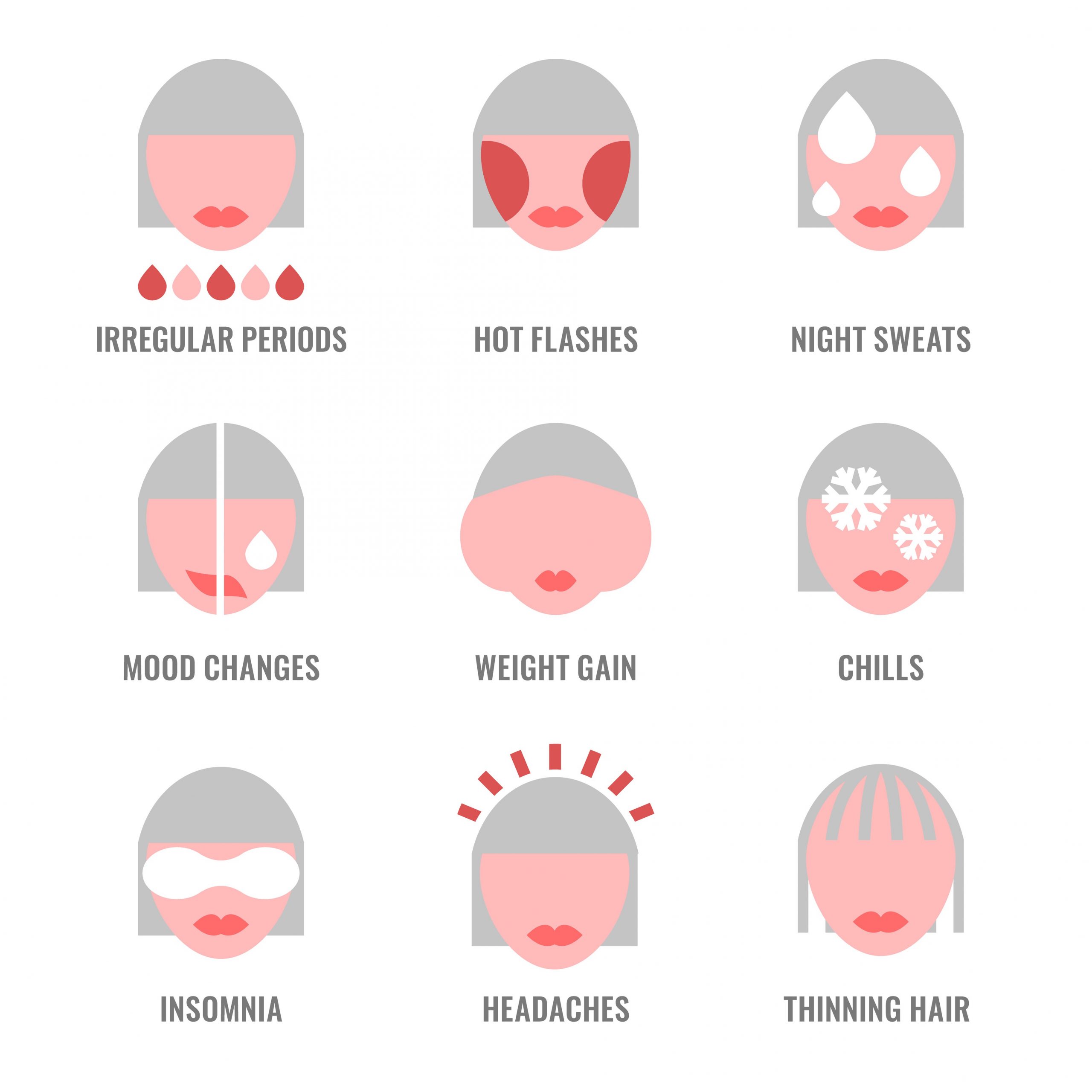Women's Health In Menopause: Addressing Symptoms And Lifestyle Changes
As women age, they go through many changes in their lives including menopause. Menopause is a natural biological process that marks the end of a woman’s reproductive years.
Understanding menopause
Menopause is defined as the time when a woman stops having menstrual periods for at least 12 months. This happens when the ovaries stop producing eggs and the levels of hormones, estrogen and progesterone, decrease. This change can cause a range of physical and emotional symptoms that can affect a woman’s quality of life.

What is menopause
Menopause is a natural transition in every woman's life. It marks the end of reproductive years and signals the onset of a new phase of life. The changes that occur during menopause are caused by a decrease in the levels of estrogen and progesterone hormones produced by the ovaries. These hormonal changes can result in both physical and emotional symptoms.

Importance of understanding menopause
Understanding menopause is important for women in order to be able to manage their symptoms and maintain good health. Menopause can significantly affect a woman’s physical and emotional well-being, which can impact her daily life. With knowledge and understanding, a woman can take steps to improve her health and quality of life as she goes through this transition.

Statistics on menopause
Perimenopause, the transitional period before full menopause, can start in a woman's 40s. On average, menopause occurs around the age of 51. However, it can occur anywhere from the late 30s to early 60s. Nearly every woman will experience menopause at some point in her life. In the United States, there are currently around 38 million women who are postmenopausal.

Types of menopause
Menopause can be categorized into three types: natural, surgical, and premature.
- Natural menopause: This occurs when a woman stops having menstrual periods for at least 12 months and is a natural part of the aging process.
- Surgical menopause: This occurs when a woman has her ovaries removed due to a medical condition such as ovarian cancer.
- Premature menopause: This occurs when a woman stops menstruating before the age of 40.
Risk factors for menopause
There are several risk factors that can increase a woman’s likelihood of experiencing menopause earlier than usual. These include:
- Genetics
- Smoking
- Chemotherapy or radiation treatments
- Hysterectomy (surgical removal of uterus)

Recognizing early symptoms of menopause
Early symptoms of menopause include:
- Hot flashes
- Night sweats
- Irregular periods
- Mood swings
- Vaginal dryness
- Loss of libido
Diagnostic methods for menopause
To diagnose menopause, a doctor will take into account the symptoms that a woman is experiencing, her age, and any other medical conditions that she may have. A blood test may also be done to measure the levels of hormones in the body.

Awareness and prevention of menopause symptoms
While it is not possible to prevent menopause, there are steps that women can take to reduce the severity of their symptoms. These include:
- Eating a healthy diet
- Exercising regularly
- Maintaining a healthy body weight
- Avoiding smoking
- Reducing alcohol intake
- Practicing stress-reducing activities such as yoga or meditation
Early detection of menopause
Early detection of menopause is not necessary as it is a natural process. However, if you experience any troubling symptoms or have any concerns, you should talk to your doctor. Your doctor can help you determine if your symptoms are related to menopause or if they are caused by another medical condition.

Timely treatment for menopause symptoms
Treatment for menopause symptoms may include hormone replacement therapy (HRT), vaginal estrogen therapy, or medication to address specific symptoms such as hot flashes or mood swings. It is important to discuss the risks and benefits of each option with your doctor to determine the most appropriate treatment for you.
Support and resources for managing menopause
There are many resources available to support women going through menopause. These include support groups, books, websites, and online forums. Your doctor can also provide you with information and resources to help you manage your symptoms and improve your quality of life during this time of transition.
Menopause is a natural part of the aging process for women. While it can be challenging, with the right knowledge and resources, women can manage their symptoms and maintain their health and well-being as they enter this new phase of life.
Komentar
Posting Komentar